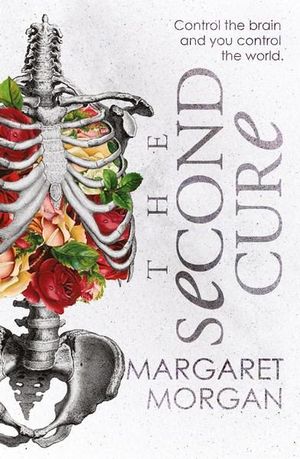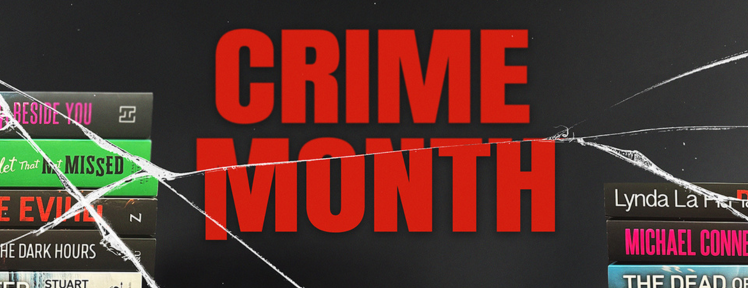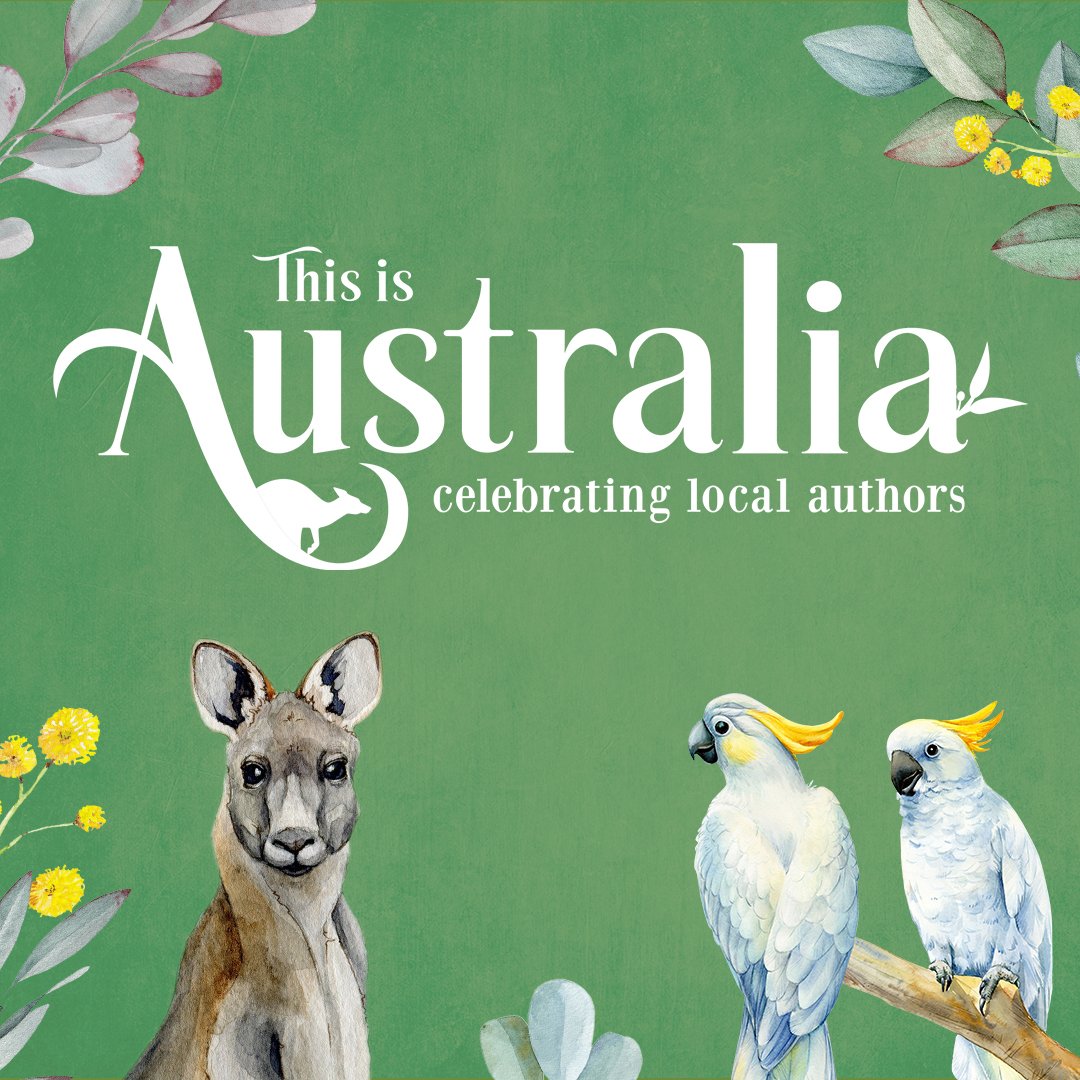 The Second Cure and Dystopian Fiction
The Second Cure and Dystopian Fiction
by Margaret Morgan
In November 2016, I was in the depths of writing my novel, The Second Cure. That month Donald Trump was elected president of the USA. The news gobsmacked me – as it did most thoughtful people – but it had another effect: I nearly dropped my authorly bundle. How to write a dystopia when reality threatened to overwhelm it? What if events in the real world overtook those in my imagined one? I was paralysed.
After a couple of days and a few deep breaths I was able to think more clearly, and three things occurred to me.
Firstly, my novel is about Australia (although there are references to the way the mind-bending plague at its heart affects the world more broadly), and the type of dystopia I explore is in many ways reflective of my own country’s culture.
Also, The Second Cure doesn’t just imagine dystopia. It also raises the possibility of a utopia. Or at least a version of utopia. One person’s dystopia is, after all, another’s utopia and vice versa. Trump would hate my utopia. His utopia would be my dystopia. (I’d love to describe mine to you, but … spoilers!)
And finally, in troubled times, people seek solace in dystopic fiction. The evidence of this has proved ample. After Trump’s inauguration, Orwell’s 1984 shot to the top of best-seller lists, with Penguin Random House seeing a 9,500 percent increase in sales within the first couple of months. More recently There has been a renaissance of interest in Atwood’s The Handmaid’s Tale, leading to and fed by the Netflix series. When the old certainties crash, we bury ourselves in fictional, plausible depictions of human horror.
So I kept writing.
It is fascinating that we seek out such stories when we feel threatened. Is it simply a way of consoling ourselves that things could be worse? Or is it deeper than that? It might be that we’re seeking solutions. Perhaps it’s because we’ve been telling stories about ourselves since we first learned to talk and that’s how we learn about ourselves and address and understand our world.
 Why, when people are overwhelmed by the politics of the present and fear of the future, do we want to read and write dystopic rather than utopic fiction? Surely, for pure escapism, utopia would present the ultimate relief. It is certainly easier to imagine things going pear-shaped than things going well, especially when we’re confronted with climate change, ecosystem collapse, the rise of fascism, and the destruction of the international political alliances that have held strong since WWII. Fun times. Of course, writing and reading about utopia might simply be boring. Story-telling, whatever the medium, thrives on conflict both internal and external. Without conflict on some level, the narrative drive is lost. Perhaps the inherent lack of a level of conflict in a utopian setting make creating drama within it so much more difficult.
Why, when people are overwhelmed by the politics of the present and fear of the future, do we want to read and write dystopic rather than utopic fiction? Surely, for pure escapism, utopia would present the ultimate relief. It is certainly easier to imagine things going pear-shaped than things going well, especially when we’re confronted with climate change, ecosystem collapse, the rise of fascism, and the destruction of the international political alliances that have held strong since WWII. Fun times. Of course, writing and reading about utopia might simply be boring. Story-telling, whatever the medium, thrives on conflict both internal and external. Without conflict on some level, the narrative drive is lost. Perhaps the inherent lack of a level of conflict in a utopian setting make creating drama within it so much more difficult.
Dystopia is not only easy to imagine, it is also easy to maintain. Things can readily go from bad to worse to really horrible. But how can a utopia be maintained? It demands stasis, and stasis demands control. Control means a loss of autonomy. A wonderful paradox: utopia gives birth to dystopia.
For me and my motivation in writing The Second Cure, the answer is simple. I am afraid. I am not so arrogant as to think my novel is going to act as a warning, but I wrote it because I needed to express my fear. I needed to seek hope.
There is good in people. I wanted to find it.

The Second Cure
Control the brain and you control the world.
In a fractured nation, two women are left with a choice – risk it all to bring humanity together or let it fall apart.
A pandemic is racing through our world, changing people subtly but irrevocably. The first sign for some is losing their faith. For others it comes as violent outpourings of creativity, reckless driving and seeing visions.
Scientist Charlotte Zinn is close to a cure when her partner becomes infected. Overnight her understanding of the disease is turned upside down. Should she change the path of evolution?
As Australia is torn apart, reporter Brigid Bayliss is determined to uncover the dark truth behind the religious response to the outbreak.
Brigid and Charlotte find themselves on the frontline of a world splintering into far left and far right, with unexpected power to change the course of history. But at what cost?
Dark, thrilling and compulsively readable, The Second Cure is a provocative debut novel about control, courage and belief.





 What do we know about the Boy Swallows Universe Netflix show?
What do we know about the Boy Swallows Universe Netflix show?  Booktopia’s top thrilling fiction picks for Crime Month
Booktopia’s top thrilling fiction picks for Crime Month  Booktopia’s Top First Nations Book Recommendations for 2023
Booktopia’s Top First Nations Book Recommendations for 2023
Comments
No comments